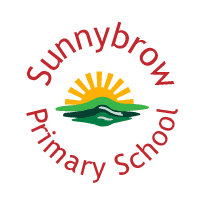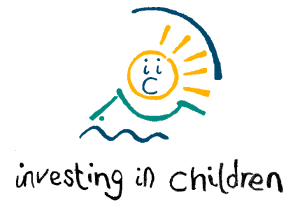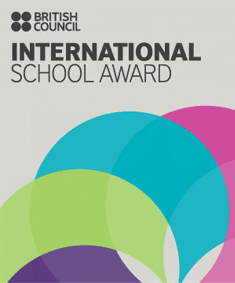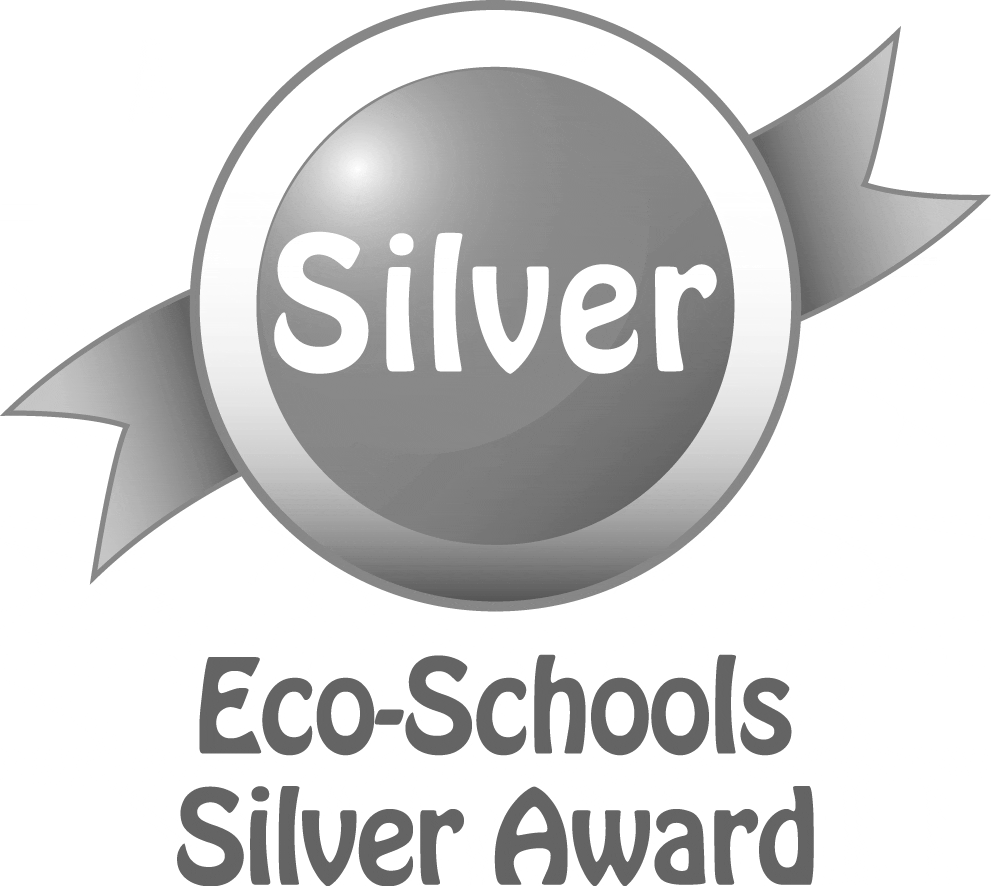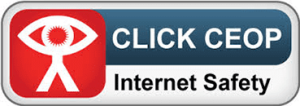Our vision statement & intent
The National Curriculum for English comprises of Speaking and Listening, Reading and Writing. In order to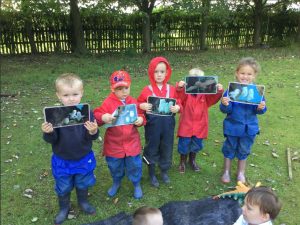 empower our children to exceed in the world beyond Sunnybrow, we believe that the three components of English are vital. Research shows that every important social issue is impacted by low Literacy. We strive to ensure that our children leave in Year 6 with a secure basis in literacy skills, so that they have the tools they need to succeed in an ever-changing world.
empower our children to exceed in the world beyond Sunnybrow, we believe that the three components of English are vital. Research shows that every important social issue is impacted by low Literacy. We strive to ensure that our children leave in Year 6 with a secure basis in literacy skills, so that they have the tools they need to succeed in an ever-changing world.
Speaking and Listening
This starts with talk. For a small school, we have a high number of pupils on the Special Educational Needs register, and many of those pupils present with speaking, listening and communication difficulties. We intend to champion the spoken word. It is our mission to ensure that our pupils leave Sunnybrow Primary school as clear and confident communicators, who can speak clearly, fluently and coherently in a range of situations, understanding when it is appropriate to be formal and informal. We believe that the promotion of a language rich curriculum is essential to the successful acquisition and application of knowledge and skills across the curriculum. We intend to broaden our pupils’ exposure to high level vocabulary to allow pupils to apply their understanding of vocabulary and grammatical features within and across the English curriculum.
Reading
We firmly believe that reading is a gateway into the wider world: it not only enables children to learn new facts and to increase their knowledge, but it also opens them up to a world of new stories, cultures, experiences and opportunities. We want our children to develop their fluency in reading and provide opportunities for them to develop their vocabularies so that they are more-able to access a wider range of texts and expand their horizons to a world outside of Sunnybrow.
As a result of this, we make reading a priority in school and immerse our children in a reading rich environment and expose them to a wide and varied reading experience. To find out more about our Reading intent and to view our Reading End of Year Expectations, please click here.
For each year group, we have produced a set of non-negotiable outcomes for Reading. This is what we intend every child to have achieved by the time they leave that specific year. Please see our Reading & Phonics page to view these documents.
Writing
At Sunnybrow Primary, we want our children to see that their writing has a purpose that extends beyond school life and to understand how being able to write well will empower them to exceed by benefitting them in their future education and through in to their adult life. We want our children to have every opportunity to achieve highly and to overcome any social disadvantage they may experience and believe that quality writing is a gateway to this.
It is our intention that pupils develop a clear understanding of the writing process in order to establish themselves as an author in their own right. Through our book-led curriculum, we foster pupils’ interest in writing and offer a reason and context for writing which enables the children to write for purpose and audience.
We intend that writing will be an integral part of our curriculum, with children being offered many opportunities to develop and apply writing skills in literacy lessons and across the curriculum. We expect the highest standards of writing every time a child writes in any subject.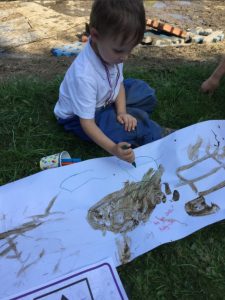
In Spelling, our teachers will show pupils how to understand the relationships between words. They will also teach pupils how to work out and clarify the meanings of unknown words and words with more than one meaning, and we intend for our pupils to apply spelling patterns correctly to pieces of writing.
For each year group, we have produced a set of non-negotiable outcomes for Writing. This is what we intend every child to have achieved by the time they leave that specific year.
Please see our End of Year Expectations document to view these outcomes:
Writing EoY Expectations EYFS & KS1.doc Writing EoY Expectations Lower Key Stage 2
Writing EoY Expectations Upper KS2.doc
Implementation:
Speaking & Listening
To find out about our Speaking and Listening implementation, click here.
Reading
To find out about our Reading implementation, click here.
Writing
To find out about our Writing Implementation, click here.
English planning documents
Reading Small Steps of Progression
Writing Small Steps of Progression
Impact
We measure the impact of our curriculum in a variety of ways. A triangulation of monitoring and evaluation evidence provides us with a clear picture of the quality of literacy teaching, the effectiveness and suitability of the curriculum and the attainment and progress of our pupils.
In Reading, as children move through the school you will see that they increase in confidence and fluency. They are more-able to use expression when reading aloud. Children show increasing skill in analysing, discussing and explaining different aspects of texts. Impact is measured through assessment for learning opportunities and through summative assessments. For more information, see our page Reading & Phonics.
For spoken language, our main source of impact will always be the quality of interactions you see in and around our school. In lessons, you will see children who are actively engaged in their discussions with their partner or group. As you move around school, you will see polite, confident children, who can converse with ease with a range of different people.
In Writing, by looking at children’s books, observing lessons and conducting pupil voice activities you will see that children demonstrate increasing familiarity with different genres meaning that children can also focus on creativity, writer’s craft, sustained writing and manipulation of grammar and punctuation skills. You will also see that children are making at least good progress throughout the academic year and that there is sustained progression across the school. 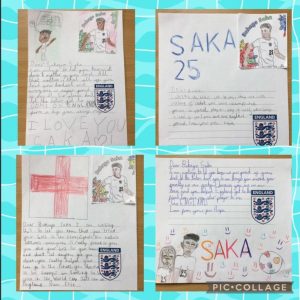
Children will be able to produce written work in all areas of the curriculum of a similar standard. The skills taught in English lessons will be effectively transferred in to other subjects; this shows a consolidation of skills and that children know more, remember more and can do more.
Writing assessment is thorough and consistently applied throughout the school. Senior leaders in school discuss attainment and progress of individual pupils with staff and staff regularly moderate examples of writing. Pupil attainment and progress is tracked from starting points and timely intervention takes place to ensure children do not fall behind.
Pupils of all abilities will be able to succeed in all English lessons because work will be appropriately modelled, scaffolded and differentiated. There will be no significant gaps in the progress of different groups of pupils (e.g. disadvantaged vs non-disadvantaged).
Our writing results at the end of KS2 will be consistently high year on year. A high proportion of pupils reach the Early Learning Goal in writing. KS1 writing teacher assessment results are rising.
- In lessons, you will see that children take pride in all that they do, are motivated to do their best and have confidence in their own abilities.
- Knowledge, understanding and skills will be secured and embedded so that children attain highly and are fully prepared for the next phase of their educational journey.
